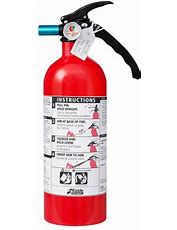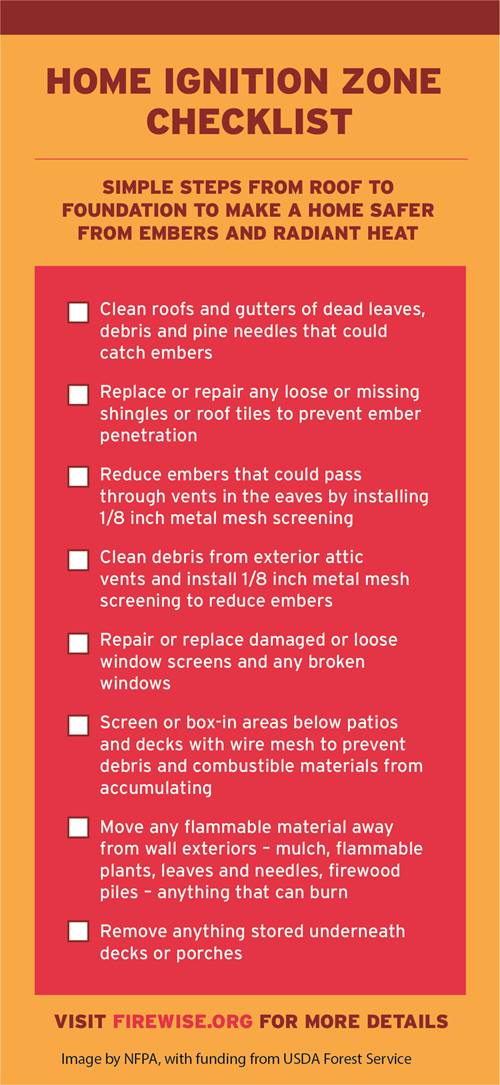Every year, nearly a billion acres of land and billions of dollars worth of property are destroyed in fires, both natural and manmade. These fires leave behind untold destruction to communities all over the world, as well as the environment.
Isolated fires caused by accidents and negligence are common, which is why property owners must provide a valid EICR for properties to prevent electrical fires from occurring. But even if you take the necessary precautions, your home or business is still at risk from wildfires. A little wind on a hot and dry day can turn a tiny brush fire into an out-of-control inferno within hours.
But even the wrath of mother nature can be tamed if we plan and prepare accordingly. Fireproofing our property can save us from heartache and financial loss down the line. Property owners must take the necessary precautions to save lives and properties from the constant threat of fires.
Here are a few things you can do to make your property more fire-resilient:
Not all construction materials offer the same protection against fire. Some materials can increase the risk of a fire destroying your property. For starters, if you’re renovating or building a new home, you might want to choose materials that are fire-resistant or help prevent the spread of fires. You can also ask your architect to fireproof the interiors.
Using a combination of fire-resistant material ensures maximum protection. For instance, you can use fire-resistant paint with brick and concrete panels for exterior walls, steel window frames and fire-rated glass, and metal roofing. If there’s a fire in the area, the embers won’t ignite anything on the exterior.
For the interior, you can still choose whatever flooring you prefer, such as wood or carpeting. However, we suggest going for fire-resistant fabrics for the windows and the furniture. You also might want to install fire doors to limit the spread of a fire.
Early warning systems such as smoke alarms and heat detectors ensure you are instantly alerted in case of a fire inside the property. Standard fire alarms emit a loud noise when fire or smoke is detected. If there’s room in the budget, you can choose smart sensors to receive alerts through your smartphone.
Your home, at the very least, should meet minimum fire safety standards. But if you want maximum protection, install a sensor in every room of the building, apart from bathrooms. Make sure to inspect and test the early warning system every three months and replace the batteries as needed.
One of the most effective tools against fire is a fire extinguisher. Water can be ineffective in extreme temperatures, and a fire extinguisher allows you to fight fires. Having one could spell the difference between a little accident and your entire property burning to the ground.

Just make sure you’re getting the right type of fire extinguisher, as there are many kinds available on the market. Fire extinguishers are classified according to the kind of fire they’re designed for. Some are used for flammable liquids and combustibles, while others are designed for electrical fires and metals. Consult a fire official about the best type of extinguisher to get for your property.
Now that you’ve made your interiors fireproof, it’s time to focus your energies on the exterior. Outdoor fires, such as wildfires, are out of your control, but that doesn’t mean you can’t protect your home from them. The right landscape design can slow down or entirely prevent the spread of fire towards your property.
For instance, you might want to use hard materials such as gravel and stone around your property. You can still maintain plants in your garden, but keep the immediate perimeter of the property free of trees and other vegetation. Trim tree branches near the property. You also might want to plant fire-resistant vegetation to keep fires from spreading. Finally, keep your lawn and watered as the moisture ensures your plants are less likely to burn.
These things will help secure your home from possible fires. In the meantime, you also need to prepare an emergency plan. If your safety is threatened, you and your family need to know what to do in the event of a fire.



